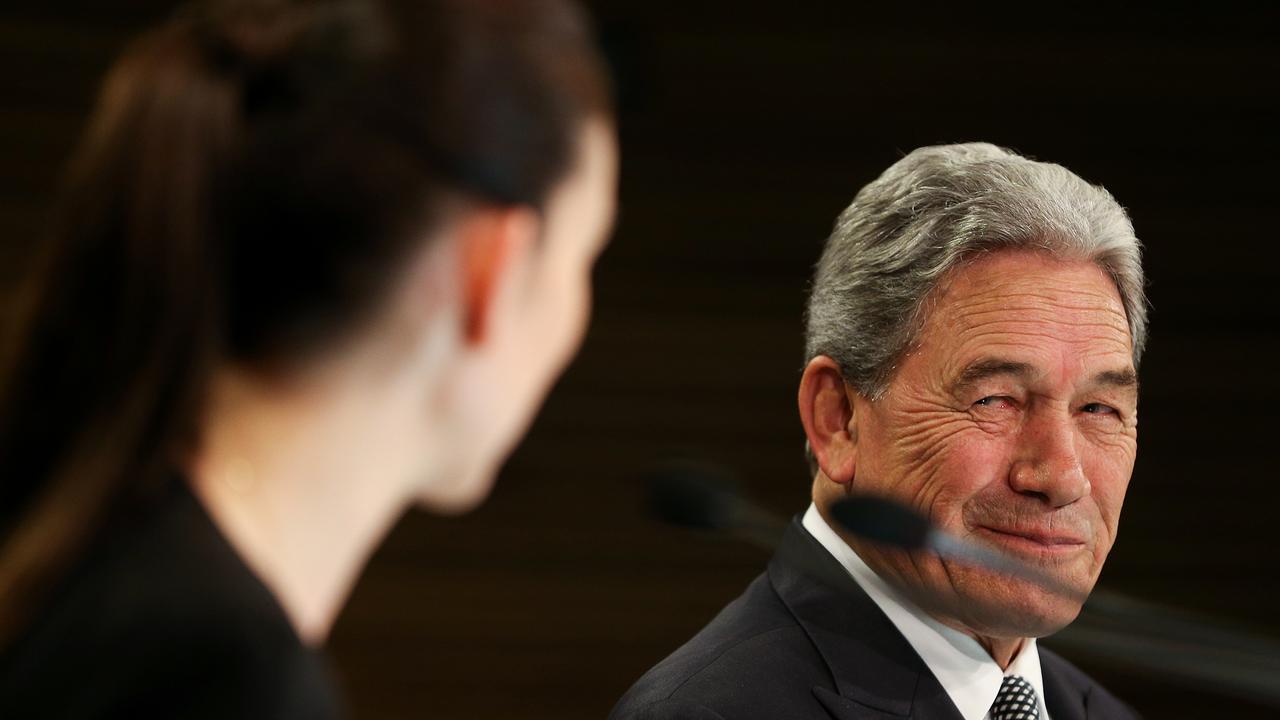Buoyed by the success of History Week, Fairfax editors give up publishing news altogether
Phillip Dorling in The Age and The Sydney Morning Herald yesterday:
A SECRET Australian intelligence assessment has declared the al-Qa'ida terrorist network a failure and claims its regional offshoot, Jemaah Islamiah, has been broken in Indonesia.
The head of Australia's top intelligence agency, the Office of National Assessments, told American diplomats in October 2008 that al-Qa'ida "ultimately has failed to achieve the strategic leadership role it sought within the Islamic world".
The assessment undercuts a key argument of the Gillard government to justify Australia's continued commitment to the war in Afghanistan.
Peter Alford in The Australian yesterday:
INDONESIA'S police and counter-terrorism agencies have escalated their allegations against radical Islamic preacher Abu Bakar Bashir, accusing him of being the leader of the al-Qa'ida in Aceh conspiracy.
Bashir will face at least four charges, the most severe of which carries mandatory penalties of life imprisonment or death for "planning or motivating others to commit terrorist acts".
Australian Financial Review editorial writers stifle a yawn yesterday:
FOR all of WikiLeaks' self-righteousness, there has been less than meets the eye to most of the documents, and that reality has become clearer as the revelations have continued. The media effort being devoted to trawling the WikiLeaks documents is essentially a retrospective exercise.
A stronger focus on current and emerging regional issues might usefully expose current scandals that are being downplayed.
Julia Gillard on the Nine Network's Today show, March 19, 2010:
I COULD give you 1000 stories about principals and school communities absolutely delighted [by Building the Education Revolution spending]. One school, Gordon East, raised by the opposition this week, they hadn't even spoken to the school principal. When I spoke to her she couldn't be more delighted by her BER project which she thought was great value for money.
Brad Orgill's BER Implementation Taskforce reports on Gordon East:
THE project fails as a result of very high costs and a large number of defects. The building was occupied without certification. The project fails the value-for-money assessment, scoring poorly on cost.
The Age editorial, August 11:
THE Rudd government did implement some good policies, such as boosting transparency, the development of a national curriculum, and in the necessarily hasty investment in school infrastructure.
Vote winner. Peter Hartcher in the SMH, May 14, 2009:
ANOTHER source of electoral comfort to the prime minister is the advance of its vast program of public works. The Rudd government is paying for 35,000 separate projects for schools, public housing, roads and rail, in addition to insulation in 2.7 million houses and solar units in another 300,000. More than three-quarters of these will be under way, and increasingly obvious in local communities, by the end of this year. The government is rampant in the opinion polls and the Coalition supine.
All in the timing. Khalid Koser in a Lowy Institute report on Tuesday:
BOAT arrivals are near the top of the political agenda in Australia, and have been the focus for a flurry of policy-making in 2010. This analysis asks why and whether it has been worth it. Australia is not undergoing an asylum crisis of the sort that warrants such attention and policy reform.
Diana Simmonds on ABC local radio national edition yesterday:
IN Adelaide you can go up to see the lights of Loebethal up in the Adelaide Hills where 800 homes will be lit up And quite a lot of them probably will be saying "no refugees wanted here".
Phillip Clark: Ah, I thought you were talking about Christmas lights.
Simmons: I am. You can do that in Adelaide.
cutpaste@theaustralian.com.au


